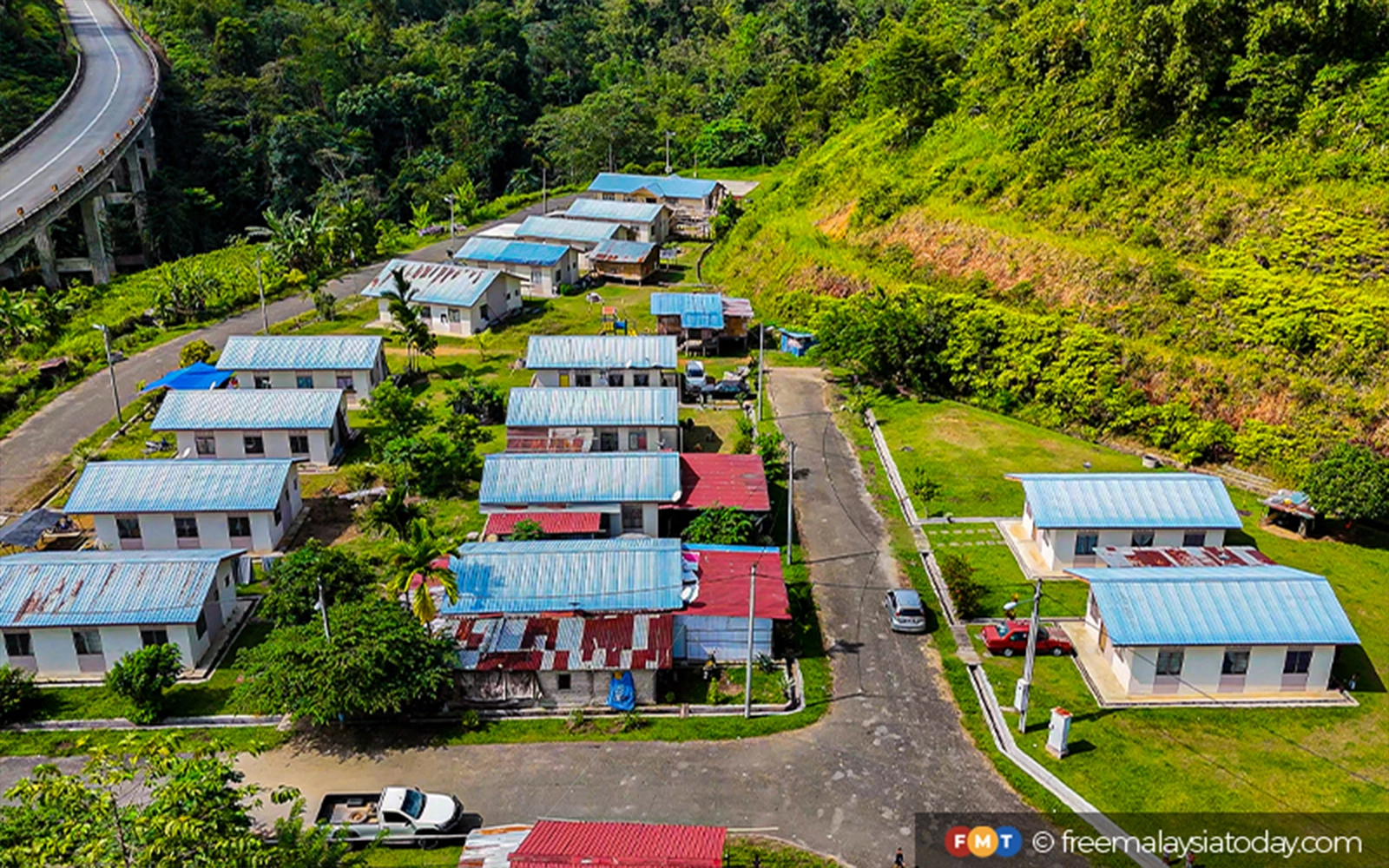
CAMERON HIGHLANDS: Many years have passed, but Tok Batin Karim Akob says the Orang Asli community in Kampung Pinang here is still struggling after relocating to accommodate the construction of a hydroelectric dam.
Warned at the time that the Ulu Jelai Hydroelectric Dam would likely flood their entire village, its residents made the difficult decision to leave behind their ancestral land.
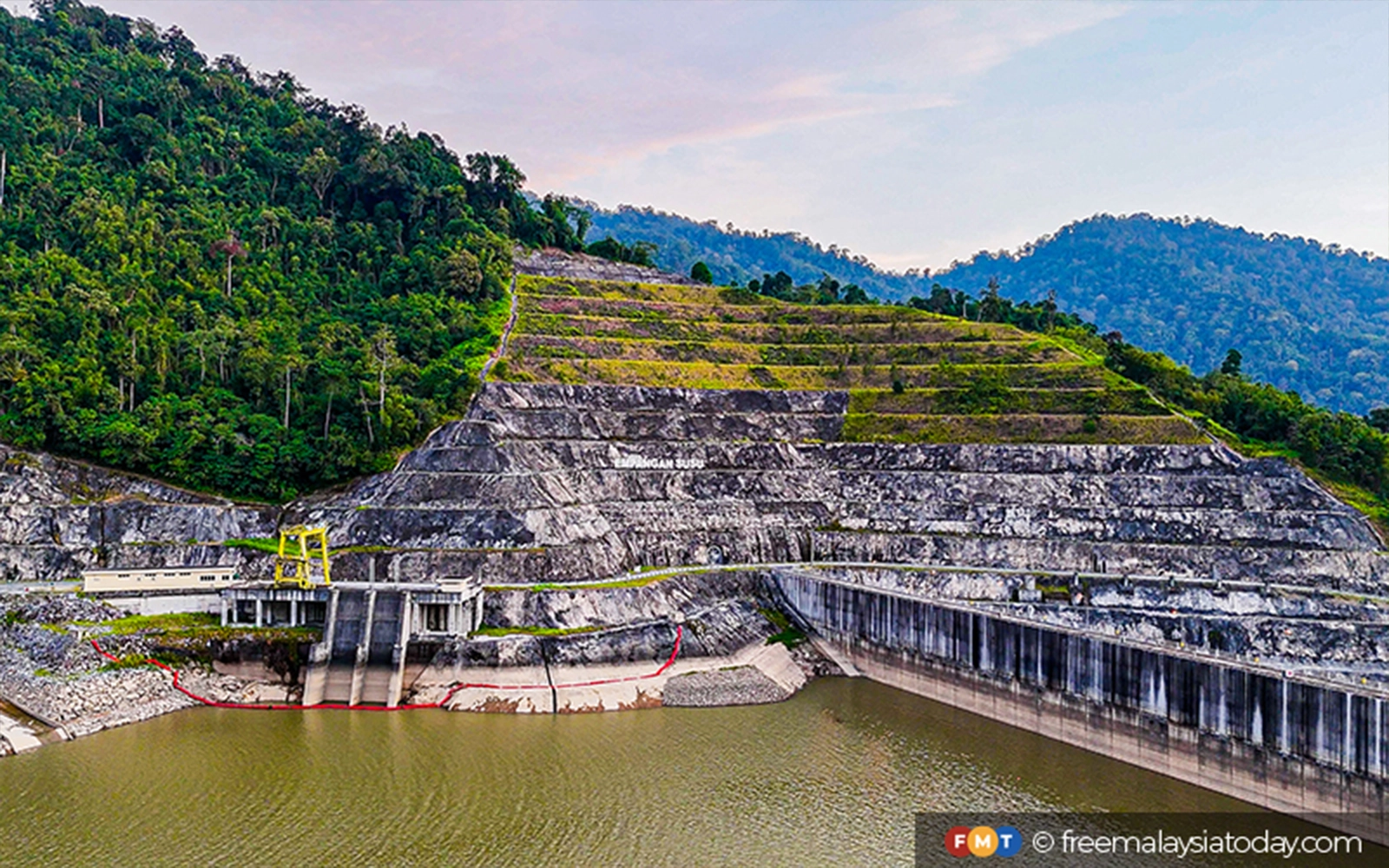
“(Tenaga Nasional Berhad) told us they were constructing a dam. They wanted to relocate us as they were concerned for our safety especially in the event of any incident, as we lived downstream,” Karim told FMT.
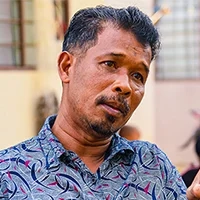
Karim said his stepfather, Akong Juntai, the tok batin (village head) at the time of the relocation, told him the community was given 20 houses, compensation for plants and graves located within two metres of the riverbank, and a monthly allowance of RM680 per household for a five-year period.
He said once the five-year period was up, compensation would take the form of “dividends” from the harvest of oil palm fruits at a plantation to be identified.
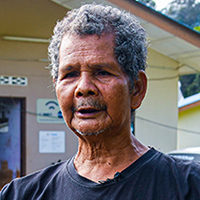
Karim claimed that TNB issued payment in the form of a cheque, which was handed through Jakoa to the Pahang Orang Asli Corporation (Oraco).
“When I met Jakoa, they told me that the plantation site had been designated, but there was no contractor to develop it,” he said.
With the monetary compensation having long dried up, Karim said the mechanism which would have allowed the community to derive an income has failed to materialise.
Nine hydro projects in Cameron Highlands
The plight faced by Kampung Pinang’s residents is part of an ongoing pattern of difficulties faced by various Orang Asli communities as Malaysia ramps up hydroelectricity supply in an ongoing transition towards renewable energy.
Drawing water from Sungai Bertam, the Ulu Jelai dam generates an average of 372 megawatts of renewable energy for TNB’s electricity grid.
It is one of nine hydroelectric projects launched in Cameron Highlands since 1959, and aligns with Malaysia’s commitment to attain net-zero emissions by 2050.

Kampung Pinang is just one of many affected Orang Asli villages. Over the years, their inhabitants have been forced to grapple with the challenges that come with resettlement – in some cases with tragic consequences.
According to Colin Nicholas of the Center for Orang Asli Concerns (COAC), a nomadic Orang Asli tribe lost 18 members after a relocation exercise carried out to accommodate the Temenggor Dam project in Perak failed.
“Many people died because of diseases, and there was also a boat that capsized. So groups (of villagers) started to go back to their traditional areas, which were not flooded, and started rebuilding,” he said.
Nicholas said the incident highlighted how villagers have had to deal with more than just economic loss, including mental health issues.
Life in their new environment
Although the Kampung Pinang villagers had no formal jobs prior to the relocation, Karim said they knew their traditional lands well and were, therefore, able to sustain themselves.
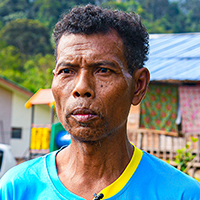
“We would catch frogs, mahseer fish and crayfish. We could sell them. But after we moved here, where can we go to fish? There’s no river around here. And even if we wanted to explore the forest, there is none here.”
Villager, Rosli Bah Acong, 53, yearns for a return to activities such as traditional farming which the villagers undertook in their old settlement. “We lived peacefully and could farm there.”
“When TNB relocated us, we felt uneasy because there is no land to farm on in this new village,” he said.
Meanwhile, Karim said attempts to farm in the new settlement have been thwarted by unsuitable land conditions.
Continuing struggle for compensation
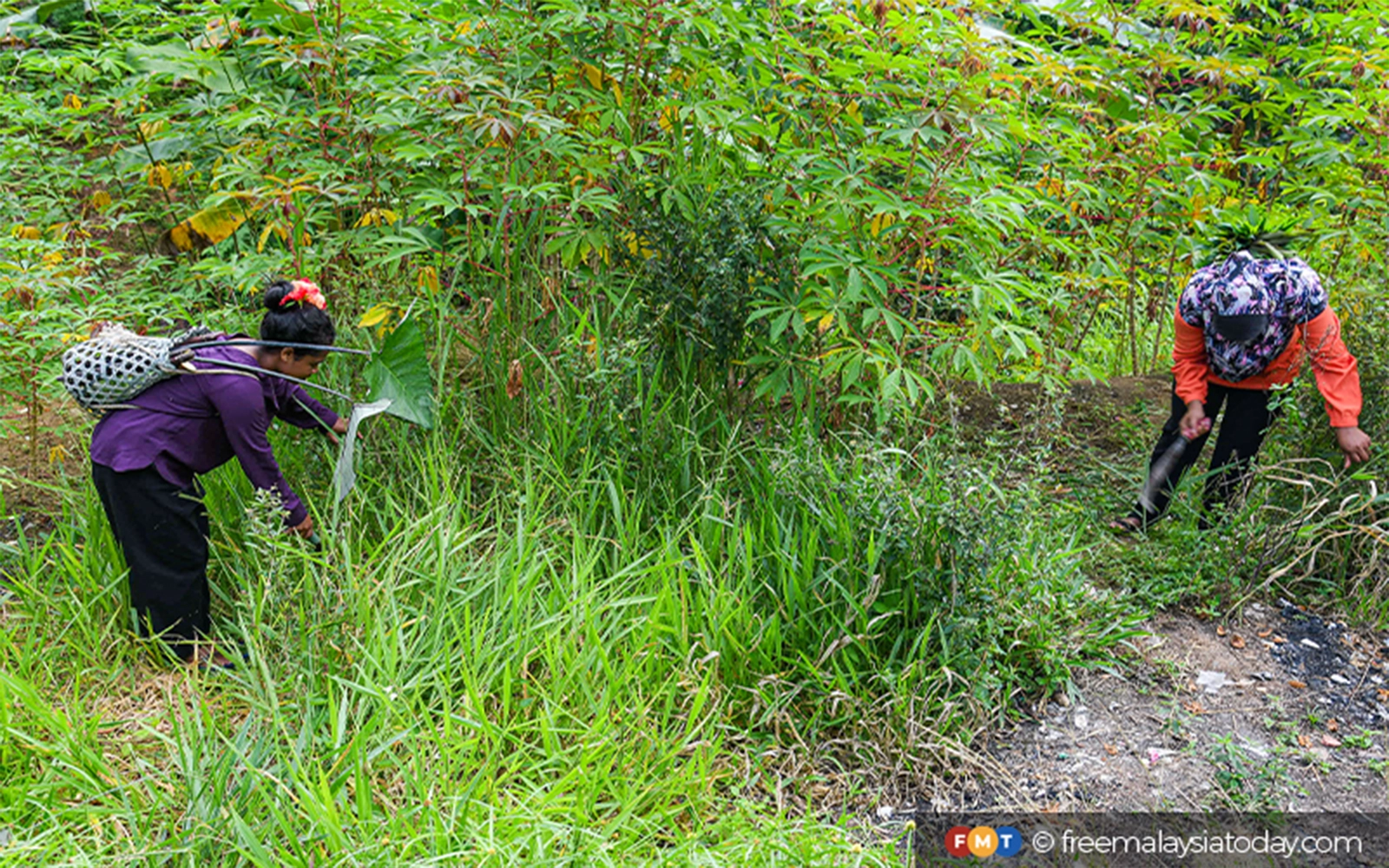
Now living along Jalan Ringlet-Sungai Koyan, Karim said the villagers have no choice but to turn to TNB for additional monetary compensation and the promised palm oil dividends.
“That (the oil palm plantation) would have benefited the villagers. Its yields would have given us an income. We would have been able to make a living from it,” he said.
Meanwhile, Rosli said that the community wrote in 2017 to TNB and the Orang Asli development department (Jakoa) on the matter, but has received no response.
“We hope TNB will assist us. We humbly request that they recalculate the compensation payable to us because of the many difficulties we are facing now,” he said.
FMT has reached out to TNB, Jakoa Pahang and Oraco for comment.
This story is part of Macaranga’s newsroom mentorship programme on just energy transition and is supported by Macaranga and Klima Action Malaysia. - FMT



No comments:
Post a Comment
Note: Only a member of this blog may post a comment.